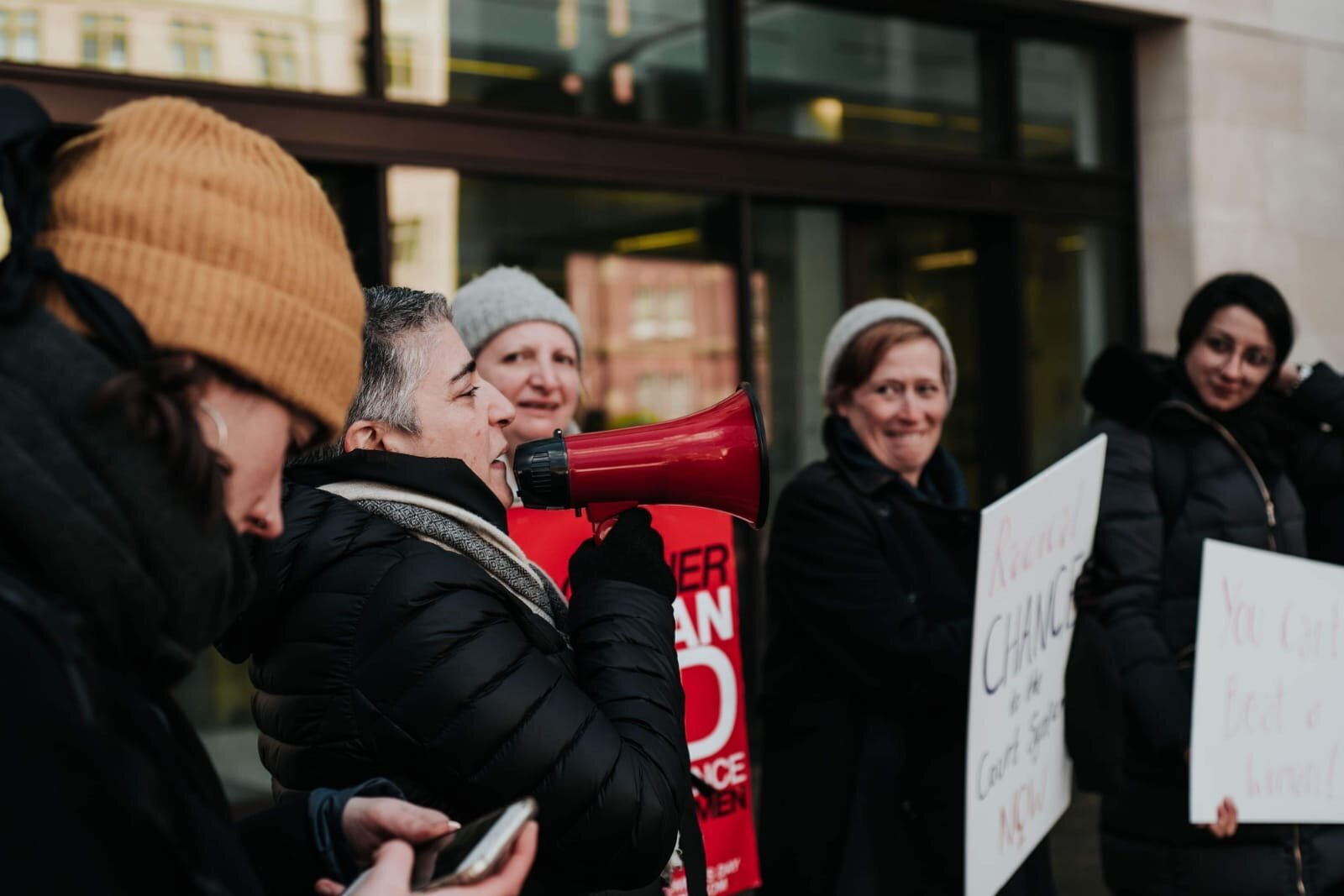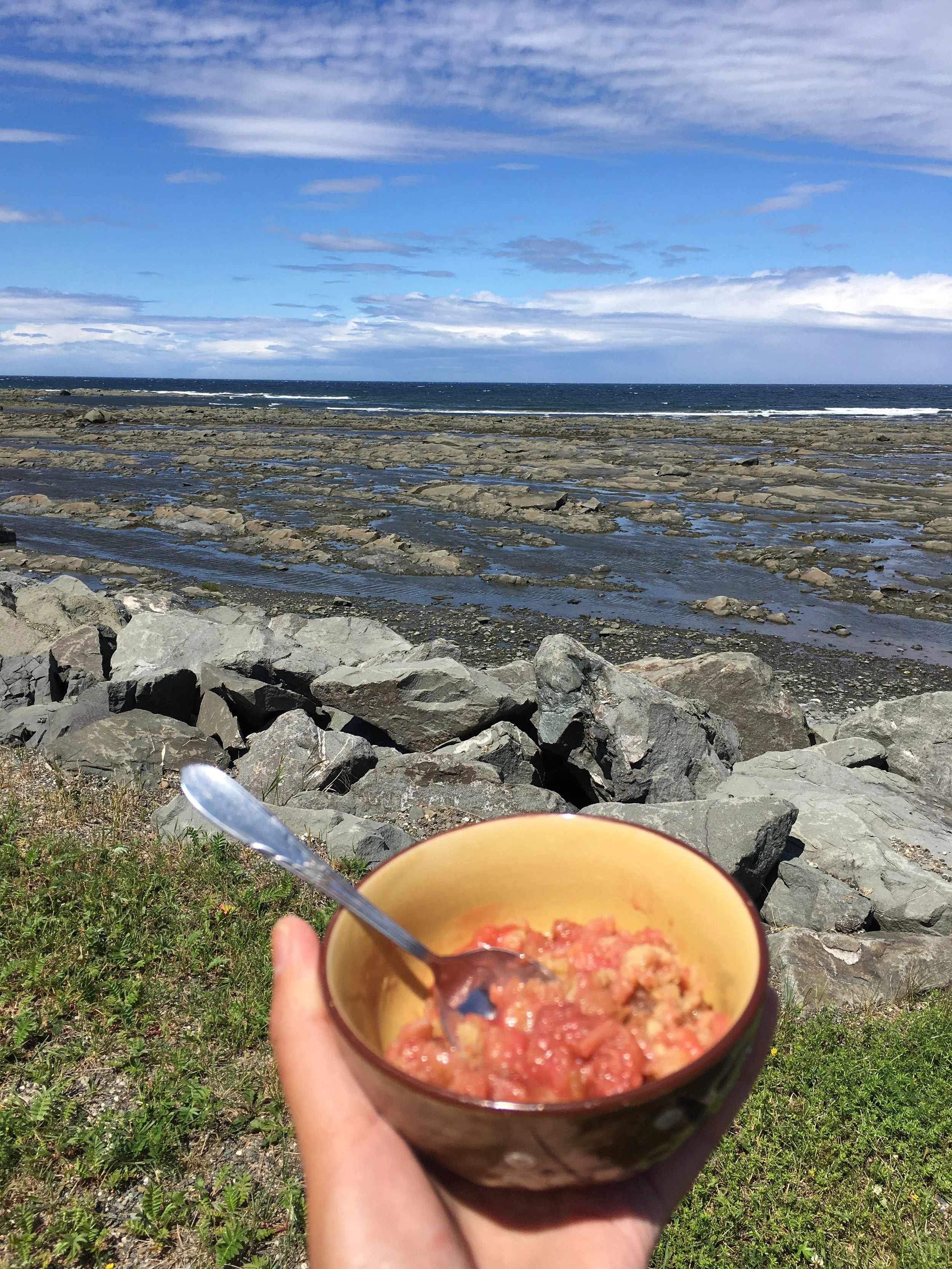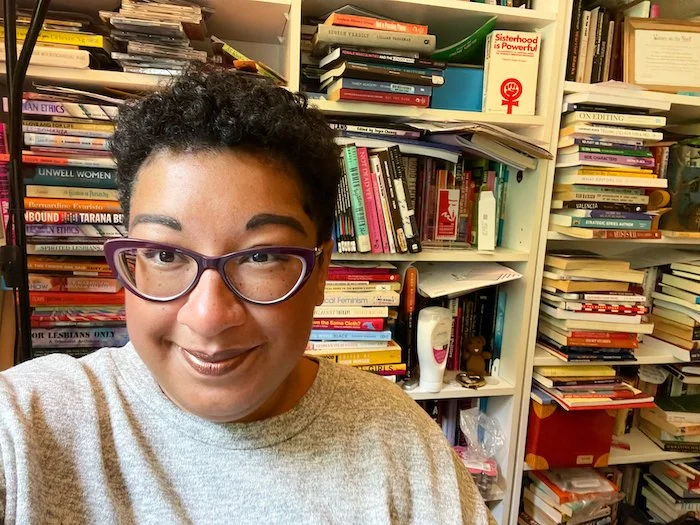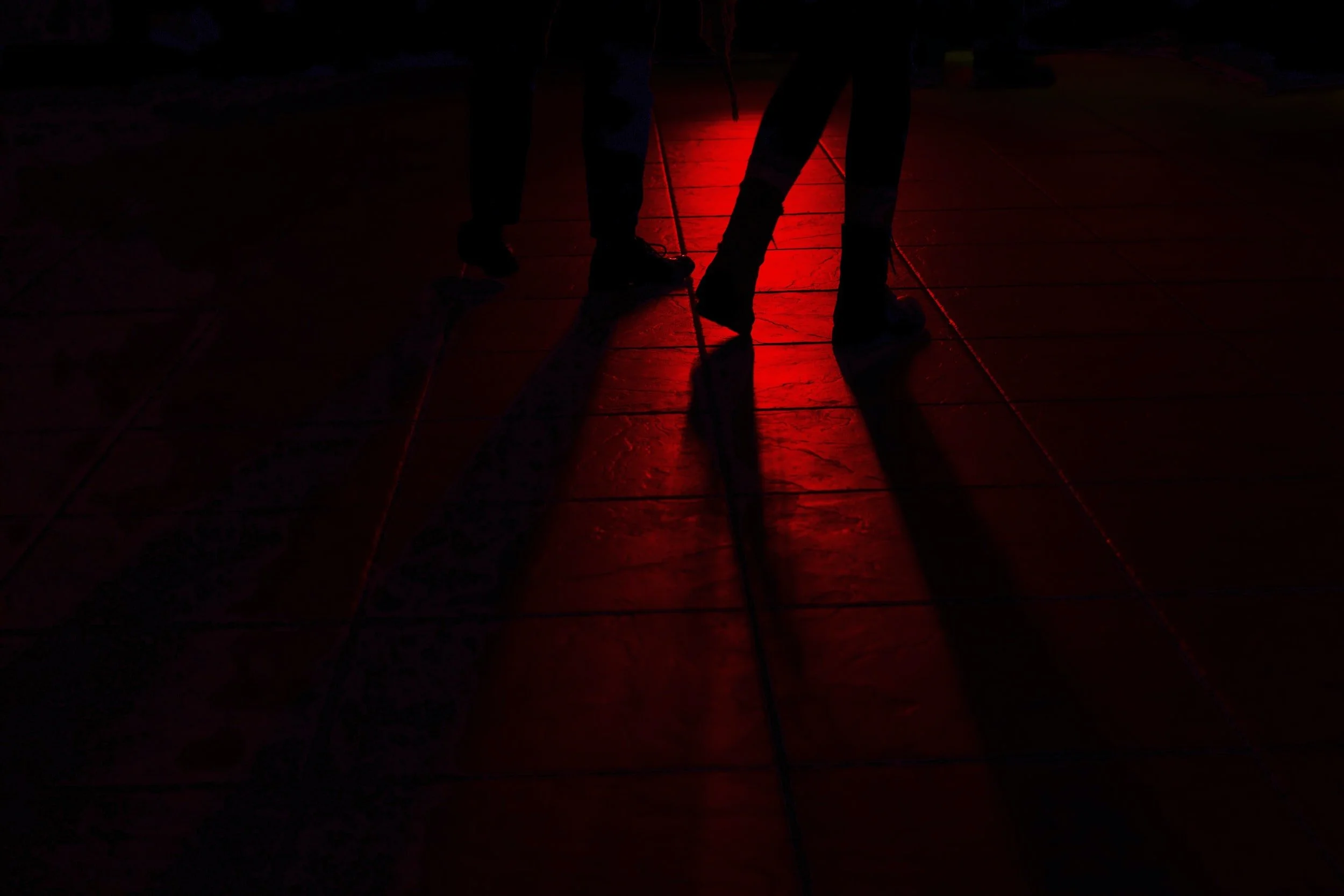As FiLiA volunteers, our group consisted of women from different parts of the world. Some of us grew up believing that sex-based violence was mainly an African issue, shaped by the struggles in our home countries. The UK, after all, prides itself on human rights and women’s rights. But as we stood among thousands of women, each carrying their own stories of pain and survival, we realised a harsh truth: violence against women knows no borders.
Learn about the causes we are fighting for and how you can get involved.
Narrow your search or read everything.
One of the most terrifying experiences women face is the Home Office Reporting System. For years, I had to report in person every single week, knowing that, at any moment, I could be detained.
The impact on mental health is devastating. The days before reporting are filled with anxiety, not knowing if you will come back, not knowing if that would be your day to disappear into detention.
The fear is relentless. Reporting is framed as a welfare check, but we must call it what it truly is: state-sanctioned psychological warfare. These women already live under strict controls, in National Asylum Support Service accommodation, barely surviving on limited financial support. The Home Office knows exactly where they are. So why force them to report? To keep them in fear.
This is not all of us ‒ the killed ones are missing.
This was the chanting of thousands of mostly Women that marched along the Gran Via in Madrid yesterday, accompanied by the drumming of a group of Women dressed in black that seemed to replicate the heartbeat of those of us there and echo the ones of those who are no longer with us.
This article by Hannana Siddiqui and Selma Taha, members of Southall Black Sisters, brings into focus the stark reality of the plight of migrant and asylum seeking women escaping gender-based violence; and how the state traps them in abusive relationships or gender related persecution. It also highlights and celebrates the fight back by black feminists to these sexist and racist immigration laws and the wider hostile environment.
How does one start with women in motion and end up with a women's movement? I want to share one of my last bike trips with the audience. I'm a woman on the go, meeting women along the way. I want to share how biking helps me on a daily basis. For me, biking is not only a means of transport, but a way of liberation, giving me a sense of freedom. It is also about women taking up public space and connecting together. I've noticed that the women I meet on the road are often isolated, with a need and a desire to connect with other women. I'd like us to be able to meet up on the same road, women on bikes, and share a stretch of the road together, an episode in our lives. A women's cycling movement! I want women who read my piece to find inspiration, if not join the movement to help them break any of the patriarchal chains that oppress us.
In this pilot episode of FiLiA’s new women’s history podcast series, we bring together four feminists from around the world to have an international and intergenerational conversation about the importance of women’s archives. We speak to American historian Max Dashu, Indian artist and activist Aqui Thami, and Algerian archivists Lydia Saïdi and Awel Haouati. Facilitated by Bec Wonders and translated by Natalya Vince.
We talk to Halaleh Taheri, Founder & Executive Director of MEWSo, who is campaigning to ban Virginity testing and Hymenoplasty (hymen repair) and to expose it as the misogynistic practice that it is, which has no place in society today.
In this episode, Halaleh talks about her life as an activist, the brilliant work of MEWSo and explains more about the campaign and how you can help to end this abuse of young women and girls.
In this episode of the FiLiA Podcast, Gill Hague discusses how her new book, History and Memories of the Domestic Violence Movement, showcases the campaigning zeal on which policies, services and awareness-raising on male violence against women in the UK and across the world were built by the women of the liberation movement.
In this interview, Yasmin Morais speaks with FiLiA Spokeswoman Raquel Rosario Sánchez, about Vulva Negra: the project she created which combines the materialist perspective provided by radical feminism and the work of black female theorists who centre Black and Afro-Latina women both within Brazil and beyond.
Read how the Intersectionality Theory developed by Kimberle Crenshaw been misinterpreted by activists with misogynist purposes. This essay by Raquel Rosario Sanchez was written for a new book on radical feminist theory, Spinning and Weaving: Radical Feminism for the 21st Century, edited by Elizabeth Miller.
Esuantsiwa Jane Goldsmith is a writer, feminist activist and development consultant of English – Ghanaian heritage. In 1975 she was the first woman of colour to be elected President of Leicester University Student’s Union, in 2001 she became the first woman of colour to be elected Chair of the Fawcett Society. In 1977-9 Esua served as one of the first black volunteers to be sent on Voluntary Service Overseas in Tanzania. She is a woman of firsts. This podcast talks with Esua about her first book: The Space Between Black and White, her memoir and reflections on growing up mixed race in Britain.































